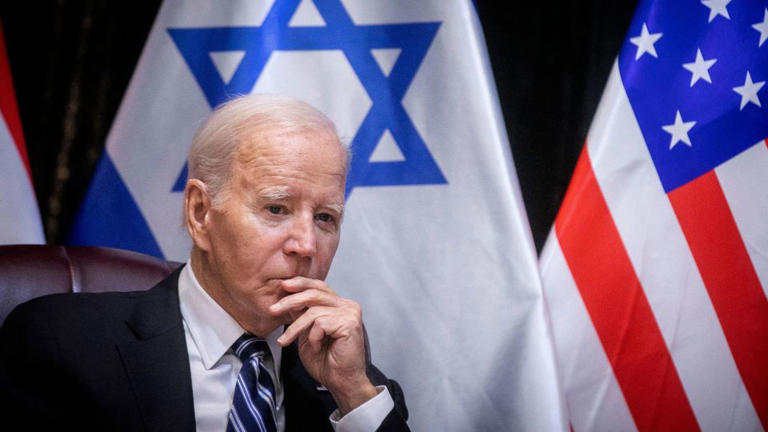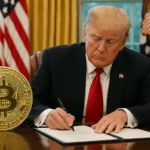Key Points
- President Biden and Vice President Harris met with the national security team amid concerns over potential Iranian retaliation.
- The meeting follows Iran’s recent drone and missile attacks on Israel.
- U.S. forces assisted in downing nearly all the drones and missiles, highlighting close U.S.-Israel military cooperation.

In a critical moment for U.S. foreign policy, President Joe Biden and Vice President Kamala Harris convened a high-level meeting with their national security team to address escalating tensions in the Middle East. This meeting comes as the U.S. monitors potential retaliatory actions from Iran following the recent assassination of a top Hamas leader in Tehran.
The urgency of the meeting underscores the Biden administration’s commitment to supporting Israel amid an unprecedented series of drone and missile attacks from Iran. U.S. forces played a pivotal role in intercepting nearly all the incoming threats, a testament to the robust military cooperation between the two nations.
Republicans have criticized the Biden administration for its handling of relations with Iran, particularly in light of reports that several individuals linked to an Iranian influence network had frequent access to the White House. These visits have raised questions about the administration’s stance on Iran, especially given the recent wave of aggression supported by Tehran.
National Security Advisor Jake Sullivan emphasized that while the U.S. is providing significant logistical and intelligence support to Israel, there are no plans to deploy American troops on the ground. The administration remains focused on coordinating with Israeli counterparts to manage the crisis and bolster Israel’s defensive capabilities, including the replenishment of Iron Dome interceptors.
The situation remains fluid, with Israeli Prime Minister Benjamin Netanyahu and President Biden maintaining close communication. Both leaders are exploring all options to ensure the safety of their citizens and prevent further escalation. Despite the challenges, the administration is navigating a complex geopolitical landscape, balancing the need for a firm response to Iranian aggression with the broader goal of maintaining regional stability.
As the Biden administration faces scrutiny from GOP lawmakers, it continues to navigate these turbulent waters with an eye on both immediate security concerns and long-term diplomatic strategies. The coming days will be crucial in determining how this high-stakes scenario unfolds and what impact it will have on the broader Middle East conflict and U.S. foreign policy.


